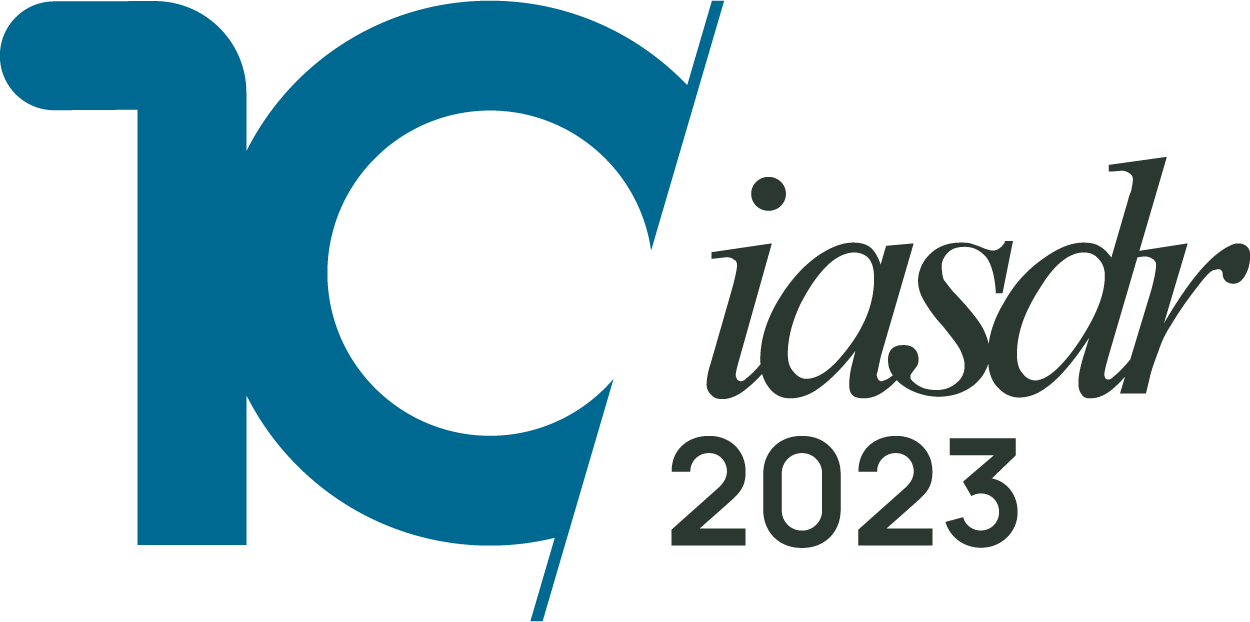Guidelines and important dates
Submission guidelines
Full papers
Full papers should be 4000-6000 words long, excluding the abstract and references. Authors should address one of the congress sub-themes available on the website and report on complete studies or theoretical findings. Authors should demonstrate a high degree of academic scholarship, clearly articulate their research focus, provide a concise synthesis of the research context, describe the methods used to undertake the research, present the research findings, and summarize the contribution to the field.
The papers should be written and presented in English and follow the APA publication style for in-text citation and reference lists. Files should be submitted in pdf version following this template. For the blind peer review, all submissions must be anonymous and must not contain the name(s) of the author(s) or any references to institutions. Before uploading your paper, please ensure to remove these.
Review process
An international review panel will double-blind peer review the full paper submissions. This review panel will include IASDR-appointed members. After the review period, we will notify all authors of acceptance or rejection via email.
Selection of the papers will base on alignment with the congress sub-themes, originality and significance, rigor, coherence, clarity, and communication.
We will collect the contributions in a digital proceedings with an ISSN/ISBN and a DOI reference number and will publish the proceedings Open Access as a series in the DRS Digital Library following this format: doi.org/10.21606/iasdr.2023.000. DRS Digital Library publications are part of the Digital Commons network and appear in Google Scholar searches.
To be included in the proceedings, at least one of the authors should register, attend, and present at the congress (with a strong preference for on-site presenting). All accepted and revised submissions must be formatted in this template and submitted to the congress system by the deadline.
Short Papers (includes posters as part of the camera-ready submission)
We suggest short papers for reporting on work-in-progress or completed research. Short papers should be 2500-3000 words long, excluding the abstract and references. Authors should address one of the congress sub-themes, demonstrating a high degree of academic scholarship or practical significance. Short papers should clearly articulate the research focus, provide a concise synthesis of the research context, describe the methods used to undertake the research, present the research findings, and summarize the contribution to the field.
The papers should be written in English and follow the APA publication style for in-text citation and reference lists. Files should be submitted in pdf version following this template. For the blind peer review, all submissions must be anonymous and must not contain the name(s) of the author(s) or any references to institutions. Before uploading your short paper, please ensure to remove these.
Instead of presenting, we will ask for the authors of accepted short papers to prepare a poster submission (A1 size). The poster should outline the project’s title, connection to the conference sub-theme, its runtime, funding (if applicable), its focus, and current outcomes. The posters will be exhibited onsite throughout the congress in the Bovisa Design Campus of the Politecnico di Milano. We will share the poster template with the accepted short paper authors after notifying them about their submission acceptance.
Review process
An international review panel will double-blind peer review all the submissions. This review panel will include IASDR-appointed members. After the review period, we will notify all authors of acceptance or rejection via email.
The selection of the short papers will base on the quality, significance, and novelty of the research. We will collect the short papers in a digital proceedings with an ISSN/ISBN and a DOI reference number and will publish the proceedings Open Access as a series in the DRS Digital Library following this format: doi.org/10.21606/iasdr.2023.000. DRS Digital Library publications are part of the Digital Commons network and appear in Google Scholar searches.
For the short papers to be included in the proceedings, at least one of the authors should register and attend the congress. All accepted and revised submissions must be formatted in this template and submitted to the congress system by the deadline. Please check important dates below.
Doctoral and Postgraduate Consortium
The IASDR 2023 Doctoral and Postgraduate Consortium offers recent master’s degree graduates and current Ph.D. students a dedicated morning of discussions and networking held during the conference. The Consortium is an opportunity for emerging practitioners and researchers to discuss their work, exchange ideas, and receive feedback from peers and senior researchers.
We encourage all doctoral candidates and recent master’s degree graduates with a project relating to the IASDR 2023 main theme (Life-Changing Design) who have a clear idea of their thesis’ focus and study design to apply. Thematic relevance and the degree to which the project can benefit from comments are essential when accepting applications.
Participants wishing to participate in this format must submit a 300-500 word abstract (excluding references) that includes how their research addresses the conference theme—Life-Changing Design. Authors should write and present their abstracts in English while following the APA publication style for reference lists. Files should be submitted in pdf version following this template.
For the blind peer review, all abstract submissions must be anonymous and must not contain the name of the author or any references to institutions. Before uploading your abstract, please ensure to remove these.
Review process
A review panel from the Politecnico di Milano will review and select all the Consortium submissions. After the review period, we will notify all authors of acceptance or rejection via email. We will invite accepted authors to deliver a short talk and will publish their contribution in the conference proceedings.
Pictorials
Pictorials are research papers in which the visual components play a main role in conveying information. These visuals show the outcome of research while producing knowledge. Pictorials may include field notes, photographs, annotated photographs, illustrations, renderings, sketches, artwork, collages, diagrams, renderings, sketches, and other visual forms. Pictorials must demonstrate original work but can build on the work of others.
Pictorials should be 2500-3000 words long, excluding the abstract and references, and limit to 12 pages. Authors should address one of the congress sub-themes and report on complete studies. Authors should demonstrate a high degree of academic scholarship, clearly articulate their research focus, provide a concise synthesis of the research context, describe the methods used to undertake the research, present the research findings, and summarize the contribution to the field.
Pictorials should be written and presented in English and follow the APA publication style for in-text citation and reference lists. Files should be submitted in pdf version following this InDesign template. Pictorials can also be formatted using this Word template.
For the blind peer review, all submissions must be anonymous and must not contain the name(s) of the author(s) or any references to institutions. Before uploading your Pictorial, please ensure to remove these.
Review process
A review panel from the Politecnico di Milano will double-blind peer review all the Pictorial submissions. After the review period, we will notify all authors of acceptance or rejection via email.
Selection of the pictorials will base on alignment with the congress sub-themes, originality and significance, rigor, coherence, clarity, and communication.
We will collect the contributions in a digital proceedings with an ISSN/ISBN and a DOI reference number and will publish the proceedings Open Access as a series in the DRS Digital Library following this format: doi.org/10.21606/iasdr.2023.000. DRS Digital Library publications are part of the Digital Commons network and appear in Google Scholar searches.
Submissions that are not presented at the congress will be excluded from the official proceedings. To be included in the proceedings, at least one of the authors should register, attend, and present at the congress (with a strong preference for on-site presenting). All accepted and revised submissions must be formatted in one of the two templates shared above and submitted to the congress system by the deadline. Please check important dates below.
Panels
IASDR 2023 panels provide unique opportunities for participants and experts to discuss novel research areas, directions, methods, policies, and opinions in the themes relevant to the congress.
Within the nine congress sub-themes, we strongly encourage panelists to build around topics attractive to the public. Proposing controversial ideas and including experts with different schools of thought is also appreciated. We require for panelists to be experts in their field and able to creatively engage other panel members and the audience in discussion.
Each panel should last 90 minutes and be made of 4-6 members, excluding the moderator. The panel should include: an introduction of the members by the moderator, the discussion of the topic by each member, Q&A among them, and Q&A from the audience.
Applicants wishing to participate in this format must submit a panel proposal following this template. The proposal should have a maximum of 1000 words, excluding references and author biographies. The proposal must list all panel members as authors and provide their names, affiliations, and contact information.
Once accepted, the panel chairs can re-assign the panel moderator and/or co-moderator.
Selection process
Panel proposals will not be part of the proceedings; however, we will publish them on the congress website. A review panel from the Politecnico di Milano will review and select all panel submissions. After the review period, we will notify all authors of acceptance or rejection via email. When required, the reviewers may request changes to the panel proposal to better align it with the congress theme.
Panel organizers must ensure that all panel members register for the congress (paying in-person registration fees) and make themselves available during the presentation time. Any seating arrangement, audience size limitations, and A/V equipment needs should be discussed with the review panel prior to the congress.
Workshops
IASDR 2023 workshops present the opportunity to participants of building crossovers and connections between research and practice and probe topics and issues. We invite proposals that, within the nine congress sub-themes, explore concepts, theories, processes, frameworks, practices, and pragmatics through a long format (either 3 or 6 hours).
We will provide venues and materials but request for authors to include specific requirements (i.e., materials, facilities, and technologies) in their proposals.
Applicants wishing to participate in this format must submit a 2000-2500 word paper following this template. The proposal should include topic background, thematic link, workshop aim, employed methods, expected outcome, and the prior experience of each workshop organizer in the bio section at the bottom of the template. Please, also include a brief workshop schedule and your expected participant profile and numbers.
Proposals should be written and conducted in English and follow the APA publication style for in-text citation and reference lists.
After holding the workshop, we require the workshop organizer(s) to provide a report of the results including workshop photographs. We will publish this report on the IASDR website.
Selection process
We will give priority to those proposals that already have agreement from all workshop organizers that they will attend the conference and participate (paying in-person registration fees). Workshop proposals will not be part of the proceedings; however, we will publish them on the congress website. A review panel from the Politecnico di Milano will review and select all workshop submissions. After the review period, we will notify all authors of acceptance or rejection via email.
Submission system
Submissions are closed, thank you for your contributions! To view your published work, please access the proceedings below.



